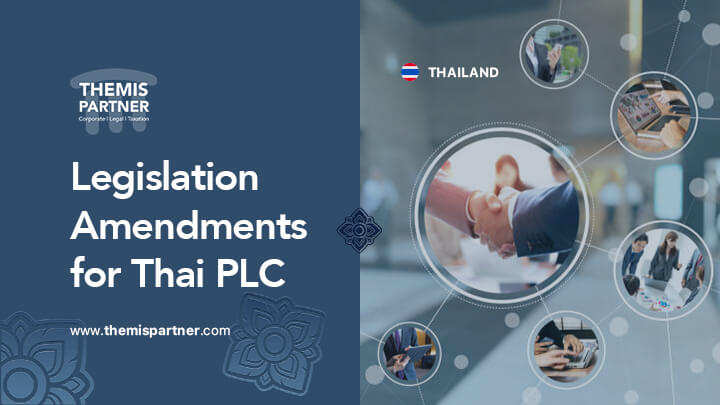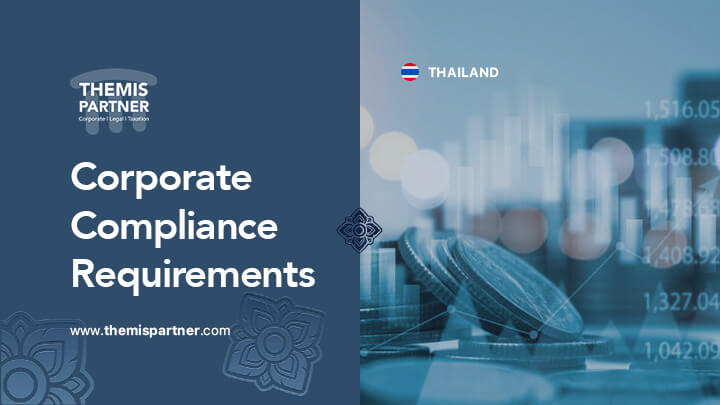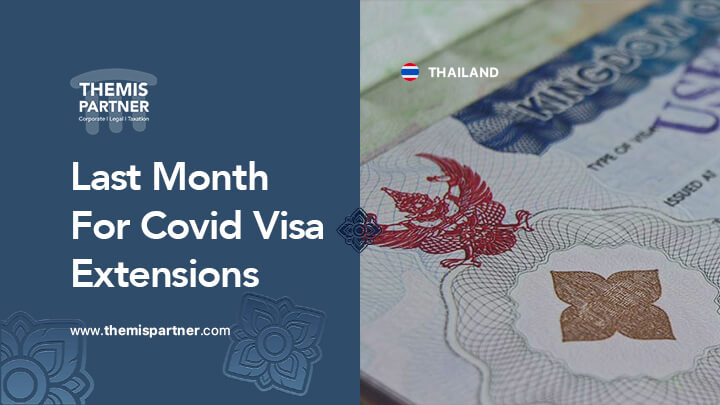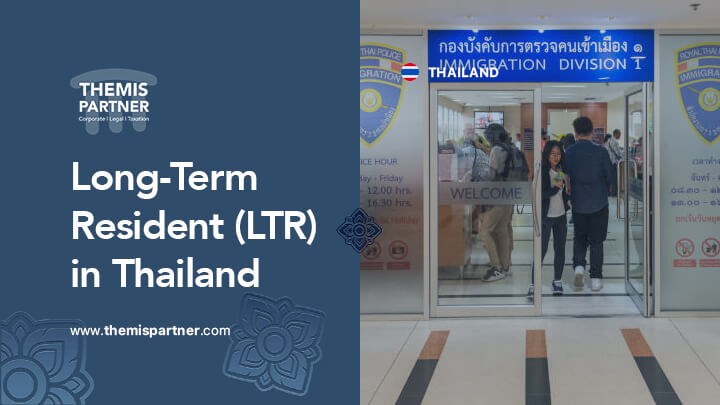Reduced tax rates for foreign professionals: A new order issued under the Revenue Code
Foreigners working in Thailand as highly trained professionals on long-term, non-immigrant visas would be taxed at a rate specific to their immigration status, according to Royal Decree No. 743 B.E. 2565 (2022) issued under the Revenue Code in May 2022. Tax on a foreigner’s assessable income is withheld at the source at a rate of 17%. Foreign professionals will be excused from incorporating this income in the calculation of their personal income tax; nevertheless, in order to preserve eligibility, they must not request for a refund or tax credit, in whole or in part, on the withheld tax. This reduced rate and exemption were put in place to boost Thailand’s market competitiveness and investment.
The order also exempts affluent foreigners, wealthy foreign retirees, and highly talented foreigners with long-term resident visas from taxation on income or assets obtained before moving to Thailand.
According to the source, the tax exemption is intended to attract more rich foreigners to settle in the Kingdom.
Previously, the Cabinet adopted legislation to provide 10-year resident permits to four categories of foreigners: “rich global citizens,” “wealthy seniors,” “work-from-Thailand professionals,” and “high-skilled professionals.”
According to the source, the decree adopted on Tuesday would establish a withholding tax rates of 17% for targeted-industry companies to deduct from high-skilled professionals’ pay. Targeted enterprises are excluded from corporate income tax in an effort to encourage investment, particularly in the Eastern Economic Corridor.

How to calculate income tax?
According to the draft regulation, highly educated foreign professionals might opt not to include the income on which they pay withholding tax in their yearly taxable revenue.
Some foreigners’ earnings may be subject to a payment rate of less than 17%. In this scenario, the taxpayer may calculate their income tax in one of two ways:
| ➤ The first alternative would keep the professional on the lower payment rate, but the assessable income would be included in the final income tax calculation |
| ➤ The second alternative would increase the payment rate to 17%, but assessable income would be omitted from the final income tax calculation |










